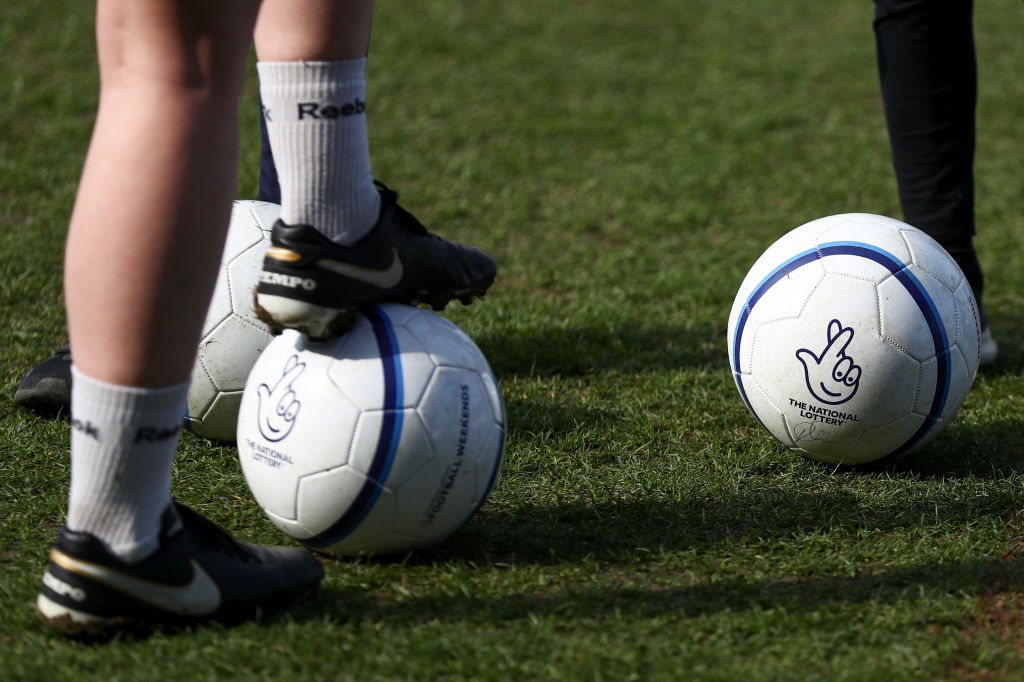Camelot’s National Lottery damages claim could drain £600m out of good causes says Gambling Commission

Gambling Commission Chair Andrew Rhodes has admitted that damages for the National Lottery competition process may come from good causes, potentially sucking £600m from sports and arts funding.
It comes after the High Court found in favour of the gambling regulator after the Camelot chief executive Sir Nigel Railton launched legal action claiming the body had not responded appropriately to questions about how and why the National Lottery licence was handed to Czech firm Allwyn back in March.
In a ruling yesterday, Mrs Justice O’Farrell said: “The public interest in this case is a strong factor in favour of lifting the suspension”, adding that any further delay of the process would give rise to “reduced contributions to the good causes and delayed introduction of the enhanced game portfolio”.
Camelot is now entitled to seek damages for its efforts, with a judicial review of the selection process due to be heard in October.
Speaking at a parliamentary committee this morning, Rhodes said it was “not clear at this point in time” where damages for process would be taken from.
He said it was ultimately up to Culture Secretary Nadine Dorries to make a decision of where the money for any potential damages comes from.
Rhodes added it was possible it could come from “somewhere else”, but was quick to add that the importance of good causes and the general “public interest” was key to the ruling yesterday.
“There is nothing we can do to prevent someone from wanting to bring action”, he said.
Allwyn, which is owned by tycoon Karel Komarek, is now on the road to take over the role as operator from February 2024.
However, Rhodes told the committee that the courts still need to hand down an order to allow an agreement to be signed between the commission and Allwyn.
He couldn’t confirm the timelines for when a transition would be made.
A draft order would allow a commencing period and contracting period to begin.
As one of Europe’s biggest lottery operators, Allwyn has vowed to halve ticket prices to £1 and invest in new digital offerings.
Camelot had no further comment aside from its statement yesterday.
“While disappointing, this judgement only addresses whether or not the Enabling Agreement can be signed while our case is heard. The judgment on whether the Gambling Commission correctly and lawfully awarded Preferred Applicant status is being dealt with separately,” a spokesperson for Camelot said.
“We will take some time to consider our next steps and continue to believe that we have a very strong legal case. In the meantime, we remain dedicated to maximising returns to Good Causes, building on our record performance over the past two years.”
Camelot is owned by the Ontario Teachers’ Pension Plan (OTPP) – a Canadian pension fund that has more than £150bn in net assets.
The fund also owns a share in the firm that runs the Irish National Lottery.
Julian Knight, Tory MP and chair of the DCMS committee, questioned “what the OTPP would think of a situation where effectively a court action that they’re indulging in could basically rob the futures of young people across this country by taking such huge sums from good causes”.